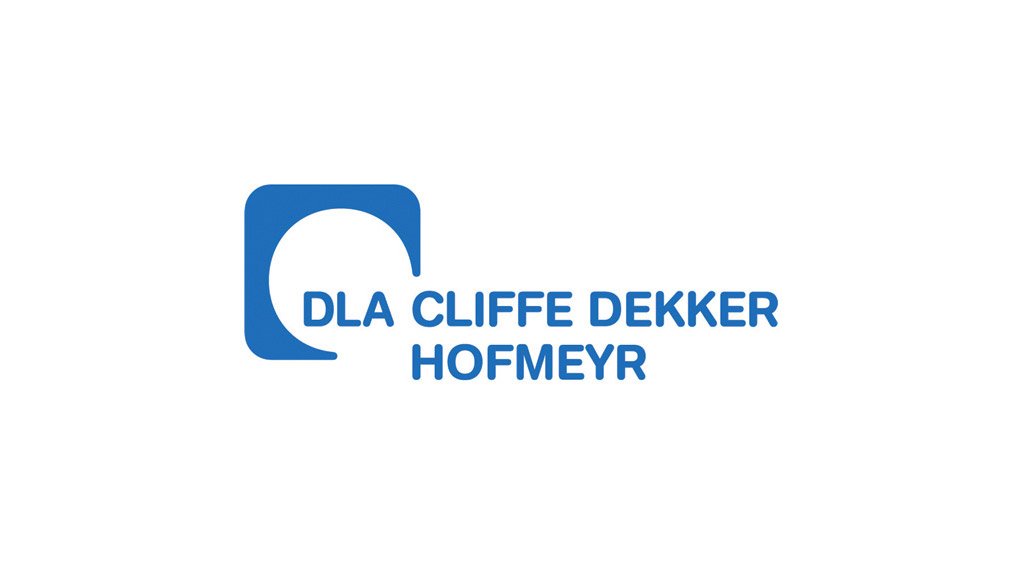In the case of Hennox 349 CC v SA Retail Properties Ltd 2014 JDR 2460 (GJ), the lessee learnt a R2 million lesson. After hounding its lessor to restore the premises following a fire, the lessee eventually took the matter into its own hands, repairing the property. The lessor claimed not to be liable for the improvements and the lessee's hopes of retribution turned on whether the Court would accept the importation of a tacit term into the lease agreement.
Hennox 349 CC (Lessee) pleaded that in terms of a tacit term of the lease agreement it could claim compensation from SA Retail Properties Limited (Lessor) for necessary repairs made to the leased property. The Lessor disputed the existence of the tacit term and, in any event, claimed that it was not liable for any damages or compensation because it had sold the premises, thus all rights and obligations had been delegated to the new owner due to the doctrine huur gaat voor koop. The Lessor also contended that a number of exemption clauses, namely 10.1, 16.4 and 19, of the lease agreement demonstrated that the Lessor had expressly excluded itself from being liable to the Lessee.
Clause 16 of the lease agreement stated as follows:
16.1 In the event of the premises being completely destroyed or so extensively damaged by fire, storm, tempest or other unavoidable cause as to deprive the LESSEE of the use thereof during the currency of this Lease, either party may elect to terminate the Lease as from the date of such destruction, upon giving the other party notice within 14 (FOURTEEN) days after such destruction or damage, in which event the rental shall terminate and be adjusted as from the date of such destruction or damage.
16.2 In the event of the premises being completely destroyed or damaged as in the abovementioned clause, and neither party giving notice of their intention to terminate the Lease, or in the event of the parties mutually agreeing that the Lease shall continue, the LESSOR shall rebuild or repair the building within a reasonable time, reserving the right, however, to change or vary from the form or construction of the building but granting to the LESSEE the same accommodation as regards position and space in such altered or varied construction. In such event, the LESSEE shall be entitled to a total rebate of rental for the period during which it may be deprived of whole use of the premises.
16.3 ....
16.4 In any event, the LESSOR shall not be liable to the LESSEE for any loss or damage that may be sustained by the LESSEE as a result of being deprived of partial or total occupation of the premises."
It was common cause that neither party gave the other the requisite 14 days' notice as stipulated in clause 16.1. The Lessor failed to fulfil its obligations of repairing the damage to the premises as stipulated in clause 16.2. After unsuccessfully pursuing the Lessor to meet its obligations, the Lessee eventually took the matter into its own hands, spending over R2 million on restoring the premises. The Lessee's action for damages was in respect of all amounts expended by it to repair the property and, to this end, it sought to import the following term into the lease agreement:
"In the event that the lessor failed to make the necessary repairs following a fire, the lessee would be entitled to do so and recover the amounts so spent from the lessor".
Importantly, the Lessee did not claim specific performance from the lessor as had already effected the repairs to the property, thus nullifying this remedy.
The Court pointed out that the test for a tacit term is that of the officious bystander test: if a bystander at the signing of the lease asked what would happen if the property were destroyed by fire and both parties answered that the Lessee would repair same and the Lessor would reimburse the Lessee for the cost thereof, the tacit term could be imported into the lease agreement. The Court, however, emphasised that a tacit term can only imported if it is not contrary to an express term of the lease. Turning to this determination, the Court found that several clauses, including 16.4, indicated that the intention of the Lessor was not to be liable for compensation or damages or loss to the Lessee. Even if these exemption clauses did not, in themselves, exclude the Lessor from liability, the clauses illustrated that it was highly unlikely that the Lessor would've agreed to the tacit term.
Thus, the Court concluded that no tacit term could be imported into the lease agreement and that the Lessor was therefore not liable to the Lessee. Due to this finding, it became unnecessary for the Court to deal with the intricate question as to whether the huur gaat voor koop principle resulted in the new owner being lumped with the obligations of the previous owner.
While the Court expressed its "greatest sympathies for the plight" of the Lessee, it went on to state that the Lessee undertook the repairs at its own risk and the Lessee would have been in a much stronger position if it had claimed specific performance. To allow the Lessee to take matters into its own hands and perform for the Lessor, would be tantamount to the introduction of a new contractual remedy - "substituted specific performance by the aggrieved part," - and no such remedy exists in our law.
Written by Natasha Fletcher is a candidate attorney. The article was verified by Nayna Parbhoo, Director, Real Estate, Cliffe Dekker Hofmeyr
EMAIL THIS ARTICLE SAVE THIS ARTICLE
To subscribe email subscriptions@creamermedia.co.za or click here
To advertise email advertising@creamermedia.co.za or click here











